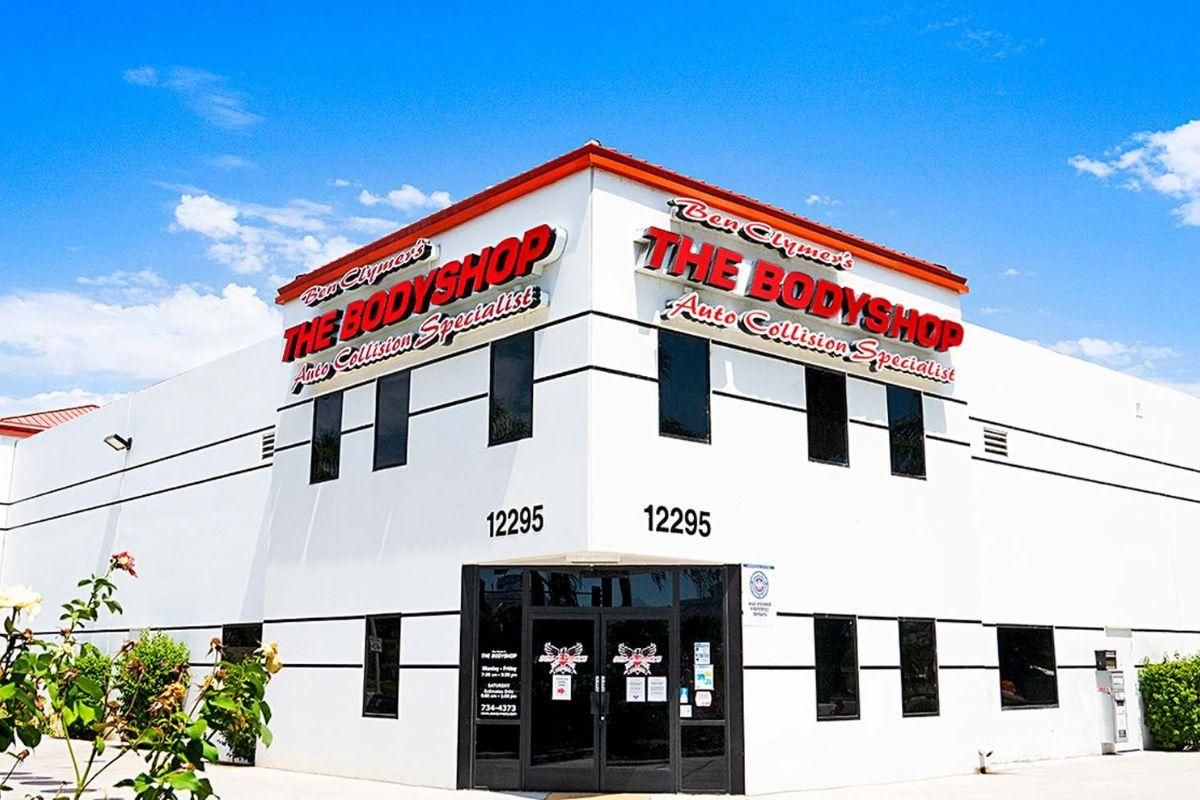The California Bureau of Automotive Repair (BAR) held what one industry insider called an “unprecedented” fourth public workshop on Jan. 30 to discuss storage fees at body shops and collision centers in the state.
The agency is writing new rules on how and how much operators can charge for storing vehicles at their sites.
BAR Chief Patrick Dorais addressing the meeting in October had called it the “third and hopefully final” one.
Jack Molodanof, an attorney working with the California Autobody Association (CAA), said a fourth public workshop on industry issues was rare.
“These are controversial changes and they’re trying to get input,” he said.
BAR webcast the workshops – held in April, July, October and now January -- on YouTube. Its public site for workshops has material on all four, including transcripts, presentation materials and proposed “draft text” to that point.
Autobody News covered the first three workshops here, here and here.
Key Issue: What Shops Charge
Molodanof said contention coalesces around three areas: collecting data, setting rates and freebies.
A CAA summary said draft regulatory language creates a public search tool for finding average and median storage rates in a given area. Insurers could use flawed survey results to limit payments, it said.
Molodanof said this will effectively cap storage fees at average amounts. “The averages will be misused.”
More questions touch rate structures themselves.
Multi-shop owner Ben Clymer Jr. at the most recent workshop suggested tiered storage fees to accommodate electric vehicles. He said battery-related concerns require storing EVs with 50’ of space in each direction.
“That’s four vehicles per acre,” he said, meriting different rates. “A shop down the street that doesn’t do these vehicles” will report lower rates. He also called out work on larger vehicles, such as RVs.
The Clymer family owns Ben Clymer’s The Body Shop, a six-unit MSO in Southern California’s Inland Empire and Low Desert. The shops have 26 OEM certifications, including Rivian and Tesla, its website said.
Erica Williams, an attorney with CSAA Insurance, acknowledged “different costs associated with storing different vehicles” for body shops, while stressing “variable rates” enable unscrupulous ones to engage in “unfair business practice and discriminatory billing.”
Tows, Total Losses, Free Storage
Molodanof said other troubling aspects involve towing and total losses -- and three days’ free storage.
Proposed regs say vehicles can only be charged rates California Highway Patrol rates, if customers bring in vehicles for repair that are eventually declared a total loss. Numbers based on tow company contracts don’t “distinguish between towing and repair,” Molodanof said. “Body shops fix cars; storage is ancillary. [Most] don’t even have tow trucks.”
A third sticking point, he said, is “they are requiring a shop to give three free days of storage,” while shops, insurers and consumers decide what to do with a vehicle.
“We’re opposed to that,” Molodanof said. “Government can’t require someone not to charge” for services.
“Most shops will give some time on storage, but let them choose. Shops should be able to charge their rates.”
Next Steps: Comment, Writing, Comment, Law
Clymer told the workshop, “I don’t think the three-day window is necessarily a good idea.”
Williams, speaking just before Clymer, said draft language is “ambiguous as to when a shop can actually start charging storage.” If work doesn’t begin for a week, “does that mean they can charge for the first seven days?”
Molodanof said wide access to how rates are set isn’t required by the law for which regs are being written. The CAA summary said shops should be able to sue insurers who use average rates as an effective cap.
Dorais told the October gathering that public comment would continue after workshops, which is still the case.
Then the agency writes the regulations and sends them to the Office of Administrative Law, which reviews them -- including for legality. After their work is complete, there’s another 45-day public comment period.
“They’re going to make changes but didn’t specify” further, Molodanof said. “It could take several months.”
“Usually it’s like one workshop; the fact that it’s the fourth, and it doesn’t sound like it’s quite there yet” is a big deal, Clymer said. Operators “appreciate the patience on the process.”














Paul Hughes